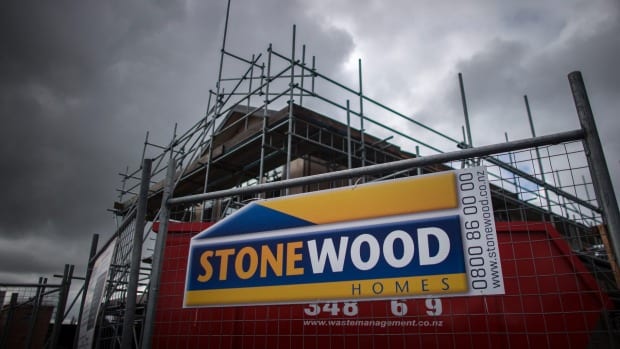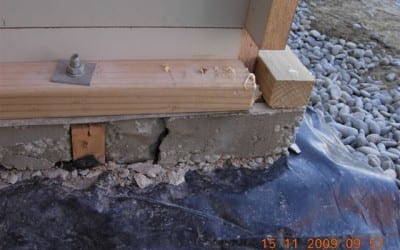This does not need to be the case, as there are tools available to reduce your financial exposure when working as a subcontractor.
Question: How can tradies protect their retention money?
Despite changes to the Construction Contracts Act (CCA), meaning that from 31st March 2017 retention money must be held “on trust” by a main contractor, there is still no guarantee that subcontractors will get their retentions back if they haven’t been accounted for correctly, or have been spent by the head contractor as they try to avoid insolvency. In any case, your money is still tied up in their business, not helping to cash flow yours.
Answer: Provide a retention bond instead
The industry standard Subcontract Agreement SA – 2009 (and some other standard form contracts) allows for subcontractors to provide a bond in lieu of retentions.
A bond is a promise from a surety provider, such as your bank or an insurance company, to the head contractor for the value of the retentions they want to hold. You’ll pay a premium for the surety to provide a bond on your behalf, but this can often work out cheaper than the cost of money (eg. paying interest on an overdraft) while retentions are locked up and not available to you to spend. Plus, when you provide a bond there is no risk of your retentions being lost if your head contractor goes bust.
From 2017 main contractors will have to account for retentions as a “liquid asset”. This means they will have less incentive to want cash retentions, as they can no longer use it for their own working capital. It also makes bonds more attractive because these can be identified in financial accounts as a liquid asset, thus ensuring retention holders meet their obligations under the new CCA rules.
When subcontractors start supplying bonds in lieu of cash retentions their financial exposure to the insolvency of main contractors will be substantially reduced, as both individuals and as an industry.
Request a retention bond quote for your next contract at: www.builtin.co.nz/retention-bonds
Question: How can you guarantee you’ll get paid for work done?
The CCA gives subcontractors a “fast track” mechanism to get paid for their work. However, if your head contractor goes bust without paying, you’ll still end up in the queue of unsecured creditors hoping there’s money left after the liquidator has sorted through the rubble.
Answer: Take out Subcontractors Payment Guarantee cover
This is a very simple insurance policy that guarantees to pay 75% of the money owed to you by a head contractor when they becomes insolvent. It has a 30 day stand down period and does not apply to retentions or contracts you have already started. The premiums are very affordable and you can choose cover of $25,000 or $50,000. To work out which amount best suits your business, ask yourself “what is the maximum amount that I could be owed by a single contractor at any one time?”
Payment guarantee cover helps protect your cash flow and consequently your own ability to pay your staff and other bills.






